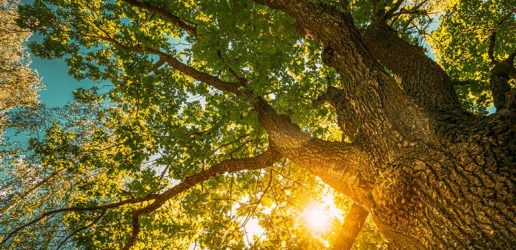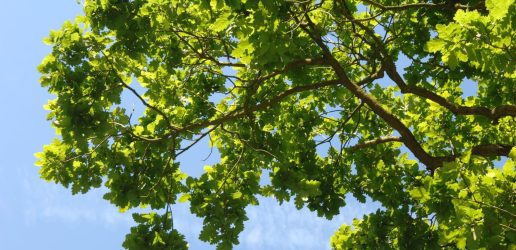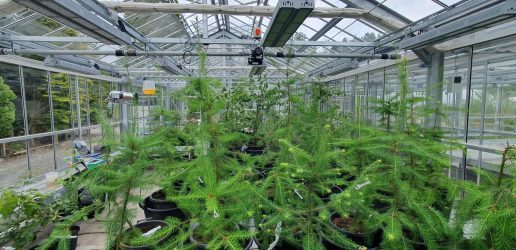On 6th June Lord Gardiner, Parliamentary Under Secretary of State for Rural Affairs and Biosecurity, launched a Strategy for UK Forest Genetic Resources at the Future Trees Trust’s Supporters Day at Kew’s Millennium Seed Bank at Wakehurst. The Strategy has been published by Kew in collaboration with the Centre for Ecology & Hydrology, Forest Research, Future Trees Trust and Woodland Trust.
Genetic diversity, which is variation in DNA among individuals of the same species, is essential to help tree species survive in the face of climate change and new pests and diseases. It is also a valuable national resource that may be used for producing trees with better productivity or disease resistance in the UK climate.
Produced over a period of two years, and following consultation with a wide range of stakeholders, the Strategy identifies the gaps in knowledge and infrastructure that must be addressed if we are to protect the UK’s Forest Genetic Resources (FGR). It prioritises five areas for action:
- Collaboration – building a national forum for sharing information and knowledge on FGR
- Communication – promoting understanding of the value of FGR for trees and people
- New research on where, how much and what type of genetic diversity we have in our trees.
- In situ protection: new conservation action to protect distinct populations of trees
- Ex situ protection: making sure seed from distinct populations of all our tree species are collected and protected, and conservation stands are planted for species whose seeds do not last well.
The Strategy itself is just the start. Next steps are to develop an action plan for taking forward the vision and priority actions outlined in the Strategy.
Recent News
View All news
Woodland managers are invited to take part in a new project to protect the nation’s oaks
Join a webinar and in-person workshop to learn about monitoring and protecting oak trees.

Webinar: Observing and understanding oak health across the UK
An online webinar launching a new, practical oak-health monitoring system for woodland managers and volunteers across the UK.

Webinar: Understanding drought risk for UK woodland creation and forestry
Hear about new research on how rising drought risk is reshaping UK forestry and the tools being developed to support climate‑smart woodland creation.

Woodland managers are invited to take part in a new project to protect the nation’s oaks
Join a webinar and in-person workshop to learn about monitoring and protecting oak trees.

Webinar: Observing and understanding oak health across the UK
An online webinar launching a new, practical oak-health monitoring system for woodland managers and volunteers across the UK.

Webinar: Understanding drought risk for UK woodland creation and forestry
Hear about new research on how rising drought risk is reshaping UK forestry and the tools being developed to support climate‑smart woodland creation.
